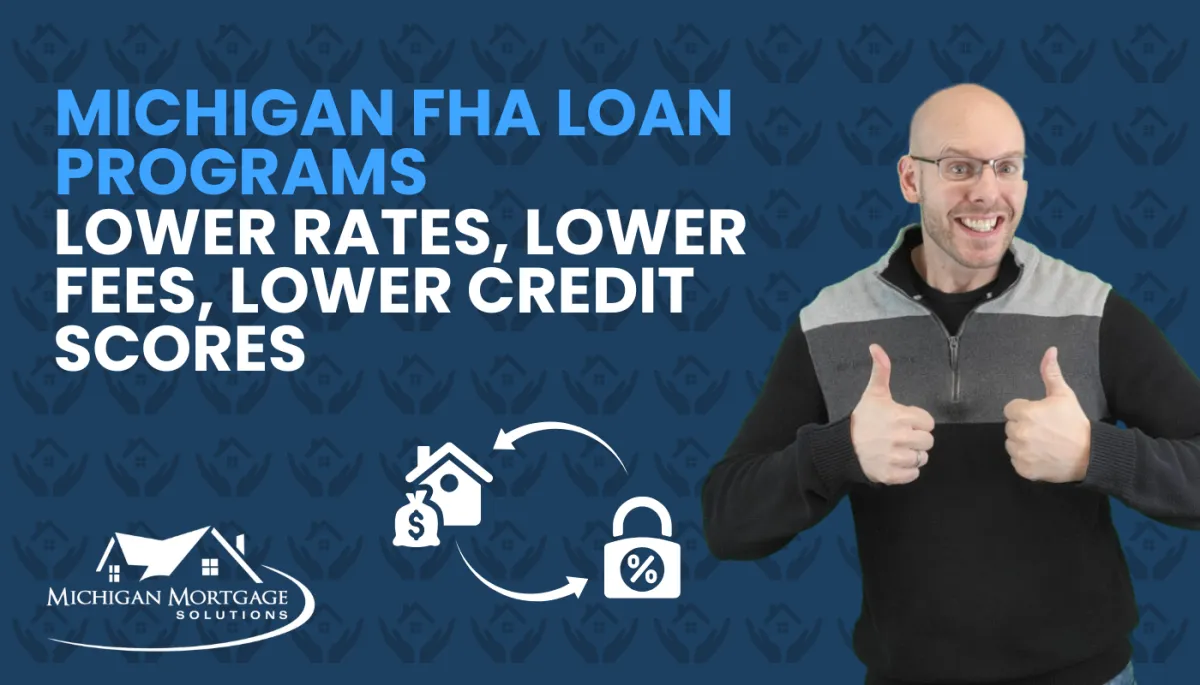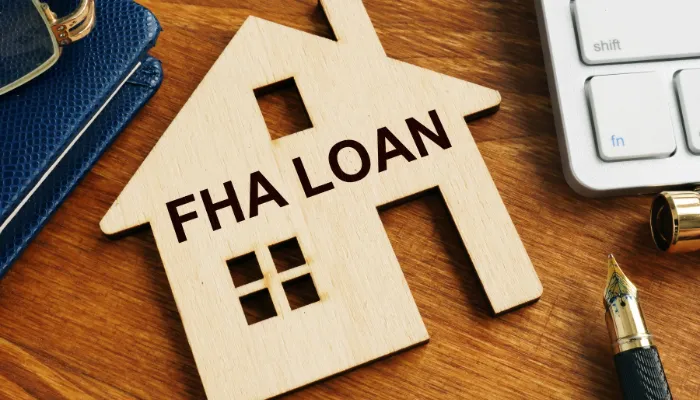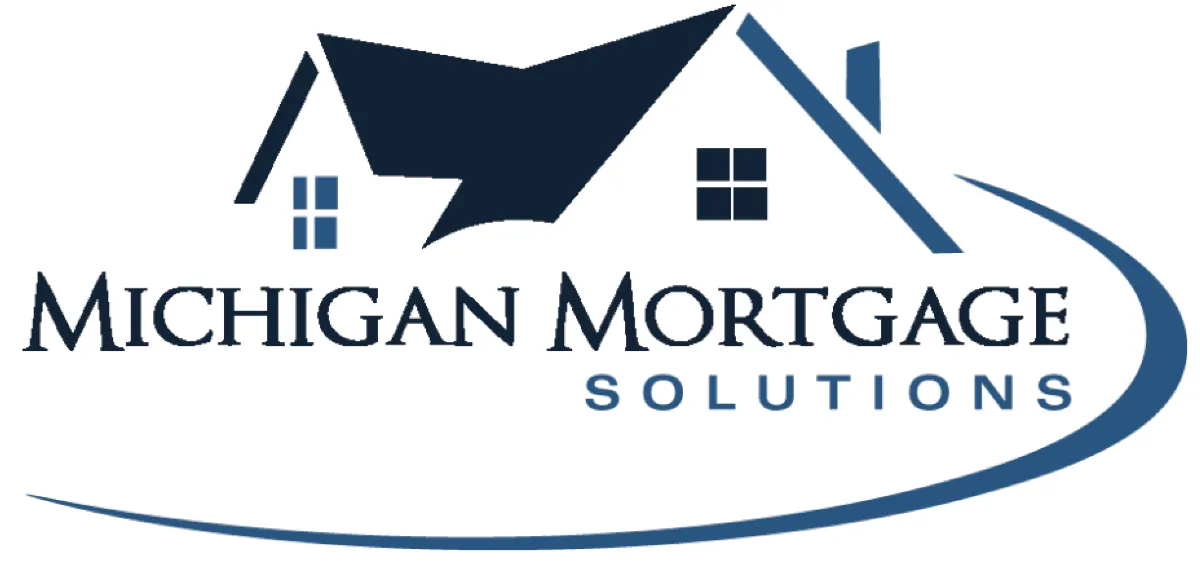
FHA Mortgage Michigan: Your Guide to Finding the Best Loans
Are you a Michigan resident looking to buy your dream home but struggling to find a loan that fits your financial situation? FHA loans might be the answer to your problems. These loans are insured by the Federal Housing Administration and offer several benefits, including lower down payments and more lenient credit score requirements. In this post, we will guide you through the nitty-gritty of FHA loans. From understanding what they are, how they differ from other loan types, and their eligibility criteria in Michigan, we've got you covered. We will also share some tips on how to improve your chances of getting approved for a home loan. Let's dive in and explore why these loans are a popular choice among Michigan home buyers!


The Basics of the FHA Home Loan
The Basics of the Michigan FHA Loan: If you're a first-time homebuyer or have a low-to-moderate income, this can be a great option for you over a conventional loan. Insured by the Federal Housing Administration, these mortgages require as little as a 3.5% down payment, making homeownership more accessible. The 3.5% down payment and closing costs can be covered using down payments assistance programs such as MSHDA.
However, there are certain debt-to-income ratio requirements that borrowers must meet and there are maximum loan limits for each state. It can be used to purchase or refinance single family homes, multi-unit properties, and condominiums, providing flexibility in terms of property types. With less risk and attractive financing options, these loans are one of the most popular loan options for many homebuyers in Michigan.
Benefits of FHA Mortgage for Michigan Home Buyers
Michigan home buyers can benefit from FHA loans in a number of ways. These government-backed programs offer an affordable option for those looking to purchase a home. With lower down payment requirements, it's easier to save for a home and become a homeowner. They also come with competitive interest rates, making them an attractive financing option. Additionally, these programs are available to borrowers with lower credit scores and allow for flexible income and employment requirements. Overall, these loans provide Michigan home buyers with a path to homeownership and financial stability.
Can you refinance an FHA loan?
Yes! In fact, an FHA Streamline Refinance is a great option for many new homeowners in Michigan who are looking to lower their rate on their existing loan. With this type of refinance, you can save time and money by reducing the documentation requirements and the amount of paperwork involved. You can also qualify for lower interest rates, which can save you thousands of dollars over the life of your loan. Moreover, if you have built up equity in your home, you may be able to use it to pay off other high-interest debts or make improvements to your property. Overall, a Streamline Refinance can be a smart financial move for homeowners in Michigan who are looking to improve their mortgage situation.

Eligibility Criteria for FHA/HUD Loans in Michigan
To qualify for an FHA loan in Michigan, several criteria must be met. First, credit score requirements need to be considered. While these programs are more flexible than conventional, a minimum credit score is still required. Next, down payment guidelines must be followed. They allow for a lower down payment compared to traditional mortgages.
Additionally, borrower income and employment requirements play a role in determining eligibility. Property requirements, such as the condition of the home, are also important. Finally, loan limits and lending limits set by HUD will impact the maximum amount that can be borrowed. By meeting these criteria, potential homeowners in Michigan can take advantage of the benefits offered by FHA.

Navigating the FHA Loan Approval Process in Michigan
Navigating the Loan Approval Process in Michigan can seem daunting, but there are several steps you can take to improve your chances of getting approved. One important step is preparing your documentation, including proof of income, employment history, and credit history. Additionally, finding an FHA-approved lender who is familiar with the process can make a big difference. Understanding the appraisal process and being aware of the closing costs and loan settlement can also help ensure a smooth approval process. By following these steps, you can increase your chances of successfully obtaining an FHA loan in Michigan.
FHA Credit Score Requirements
When it comes to getting an FHA loan in Michigan, credit score requirements are more lenient compared to conventional. One of the key advantages of the loan is that borrowers with a credit score as low as 580 may still qualify for 3.5% down. However, it's important to note that a higher credit score can result in more favorable loan terms and interest rates. Lenders also take into consideration credit history and payment patterns when approving loans. This makes these loans a great option for homebuyers looking to rebuild their credit after facing financial challenges in the past.
Keep in mind, a borrower can still qualify for an FHA loan with a credit score lower than 580 but they will likely need some compensating factors. These include a lower loan to value on a refinance or a 10% or more down payment on a purchase. In most cases, it usually makes more sense to spend the extra money on cleaning up your credit as opposed to adding to your down payment. Cleaning up troubled credit will lead to better loan terms which means lower fees, lower rates and lower payments for the life of the loan.
FHA Down Payment Guidelines
When it comes to home loans in Michigan, down payment guidelines are an important factor for potential homebuyers. FHA loans require a minimum down payment of 3.5%, which can come from personal savings, a gift, or a grant. Additionally, there are down payment assistance programs available to help with upfront costs. It's important to note that the down payment amount affects the borrower's loan-to-value ratio, and higher down payments can result in lower mortgage insurance premiums. This provides borrowers with more options and less risk when it comes to financing their primary residence in Michigan.
How Can I Improve My Chances of Getting Approved?
To improve your chances of getting approved, focus on maintaining a good credit score by paying bills on time and keeping debt levels low. Save for a larger down payment to reduce the loan-to-value ratio. Provide all required documentation promptly and accurately. Work with experienced mortgage lenders who specialize in FHA loans. Be prepared for the underwriting process and respond promptly to any requests for additional information within the FHA approval.
How do FHA loans compare to other loan types?
These loans offer unique advantages when compared to other loan types. With lower down payment requirements, more lenient credit score criteria, and competitive interest rates, these loans are a popular choice for Michigan home buyers. However, keep in mind the mortgage insurance premiums that can increase the overall cost of the loan.
Frequently Asked Questions About FHA Loans
Who gets denied by a Lender?
Individuals with a history of bankruptcy or foreclosure, high debt-to-income ratio, a property not meeting HUD standards, or without a steady source of income may be denied by FHA lenders.
Is FHA always 3.5% down?
The minimum down payment requirement is not always 3.5%. It can vary based on factors like credit score and loan amount. Some borrowers may qualify for a lower down payment through assistance programs. Consult with a lender to determine the specific requirements for your mortgage.
Are all FHA approved lenders in Michigan the same?
Not all FHA lenders are alike. Each lender may have different credit score requirements and down payment options. It's crucial to research and compare different lenders to find the one that best suits your financial needs and goals.
What criteria should I consider when choosing an FHA lender in Michigan?
When you search for lenders, check if they are trustworthy by reading online reviews. Look at the loan terms they provide. Also, pay attention to the interest rates and fees. Ensure that the loan amount meets your needs. It is important to understand how they assess the property’s value for collateral.
How can I verify the credibility and reputation of an FHA lender in Michigan before working with them?
• Carefully check the lender's credentials.
• Speak with friends, real estate agents or family for a referral but make sure to ask what makes this referral special. You don't want to work with someone just because they are your co-workers nephew.
• Look at reviews from other customers.
• You can also contact the Better Business Bureau to find out about any complaints against them.
Talk to The Best FHA Mortgage Lenders in Michigan
In conclusion, FHA loans are a popular choice for Michigan home buyers due to their many benefits and flexible eligibility criteria. With lower credit score requirements and down payment guidelines, these programs make homeownership more accessible for many individuals. If you're interested in getting approved for an FHA loan in Michigan, there are steps you can take to improve your chances. Paying attention to your credit score and saving for a down payment can help strengthen your application. Additionally, working with an experienced lender who specializes in FHA can provide valuable guidance throughout the approval process. Take the first step towards homeownership today and explore your options with Michigan Mortgage Solutions Today!
Contact Us
Service Hours
Social Media
Monday - Friday: 9:00 AM - 6:00 PM
Saturday: 9:00 AM - 12:00 PM
Sunday: Closed
More Locations We Serve
All Rights Reserved Corporate NMLS 136972
Contact Us
(248) 963-1894
35 W Huron St #301
Pontiac, MI 48342
Service Hours
Monday - Friday: 9:00 AM - 6:00 PM
Saturday: 9:00 AM - 12:00 PM
Sunday: Closed
Social Media














